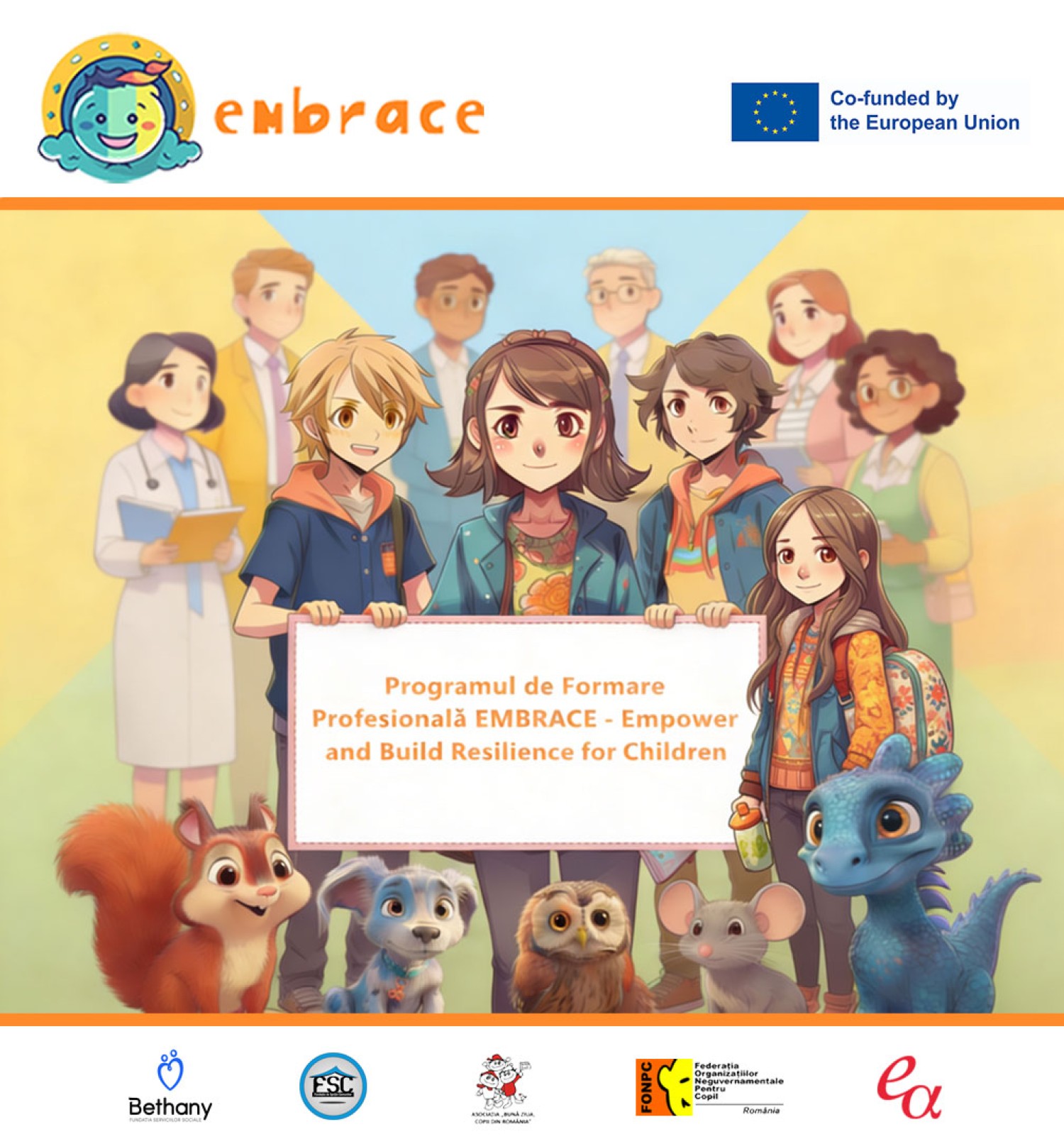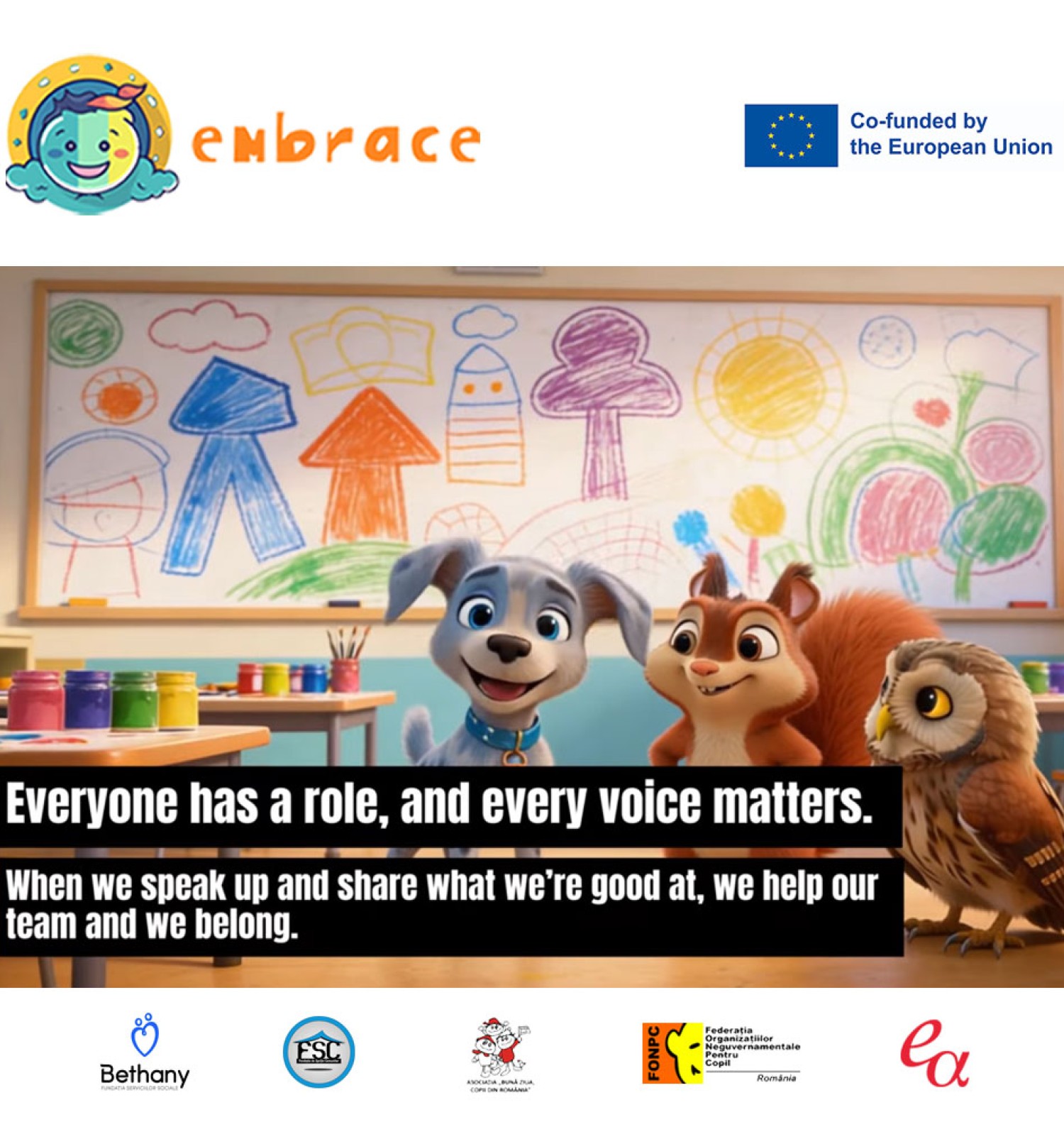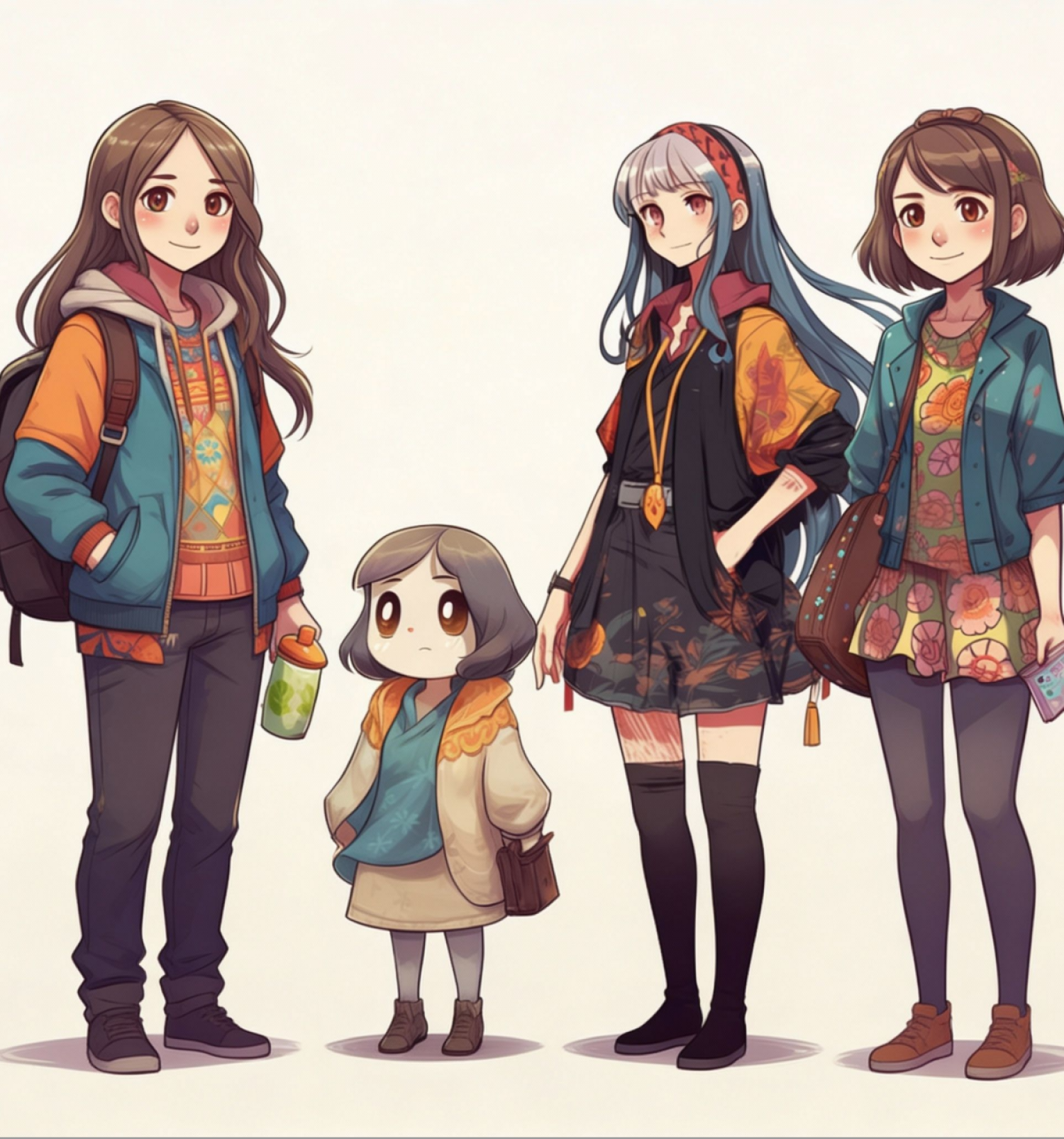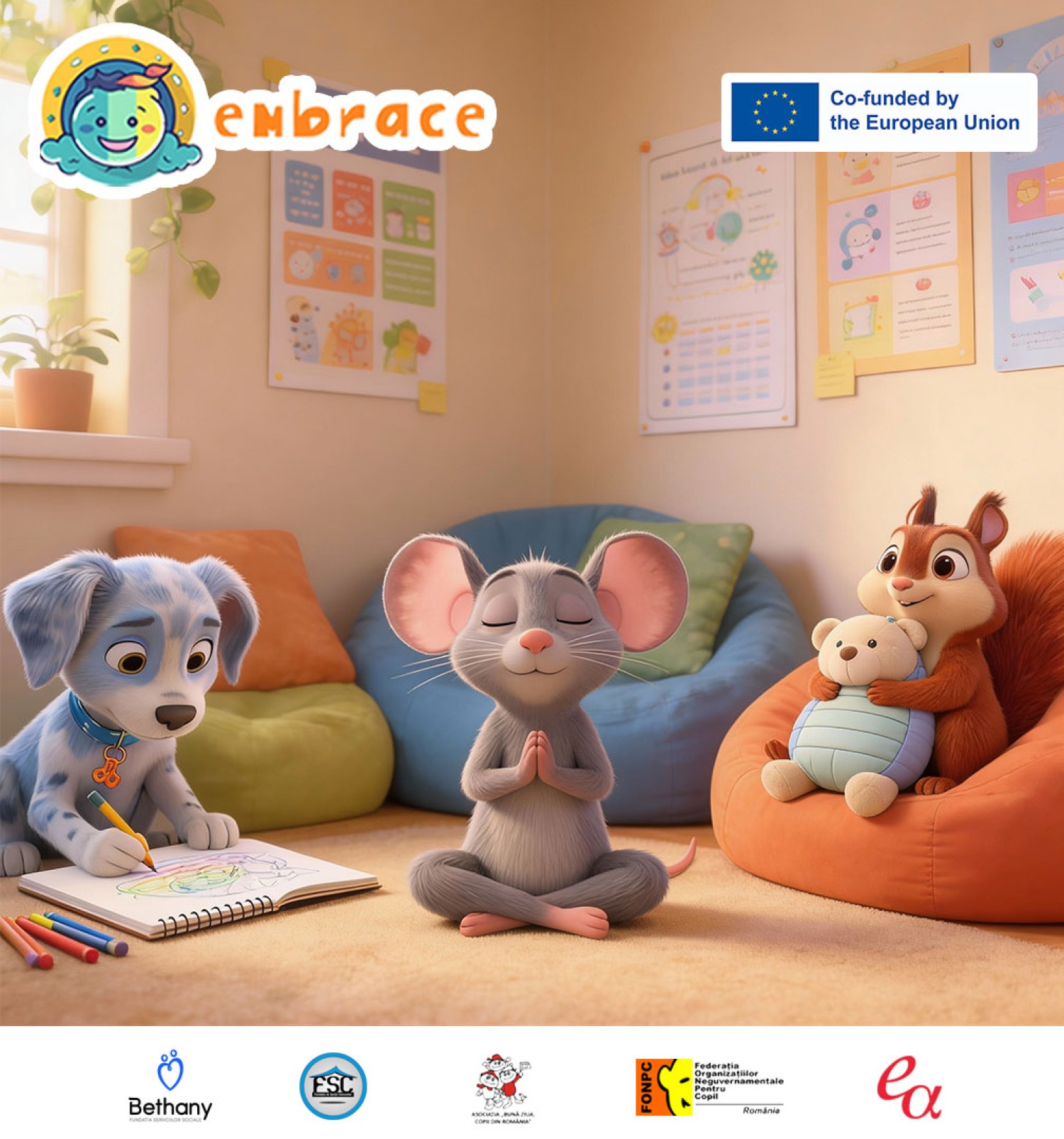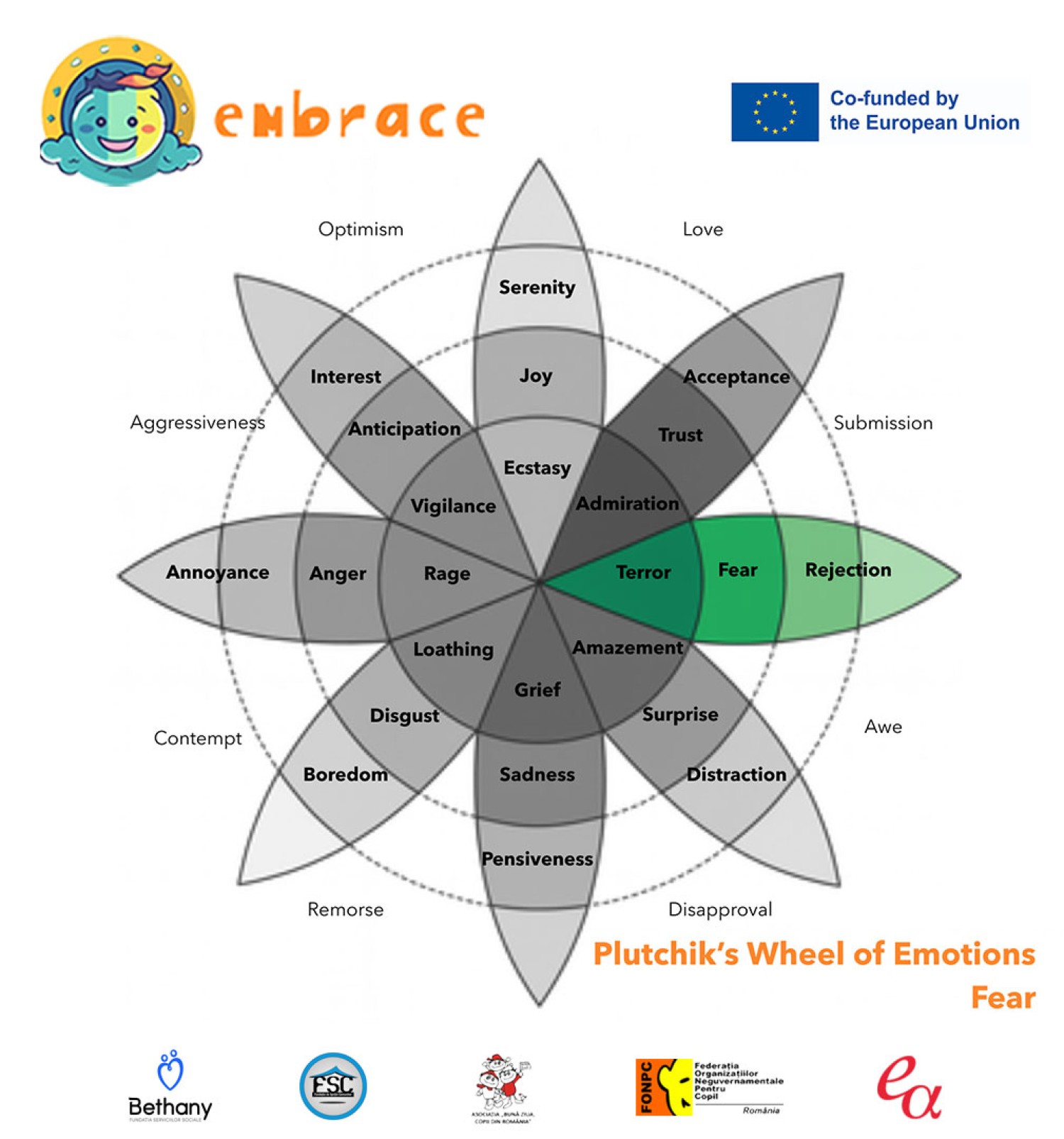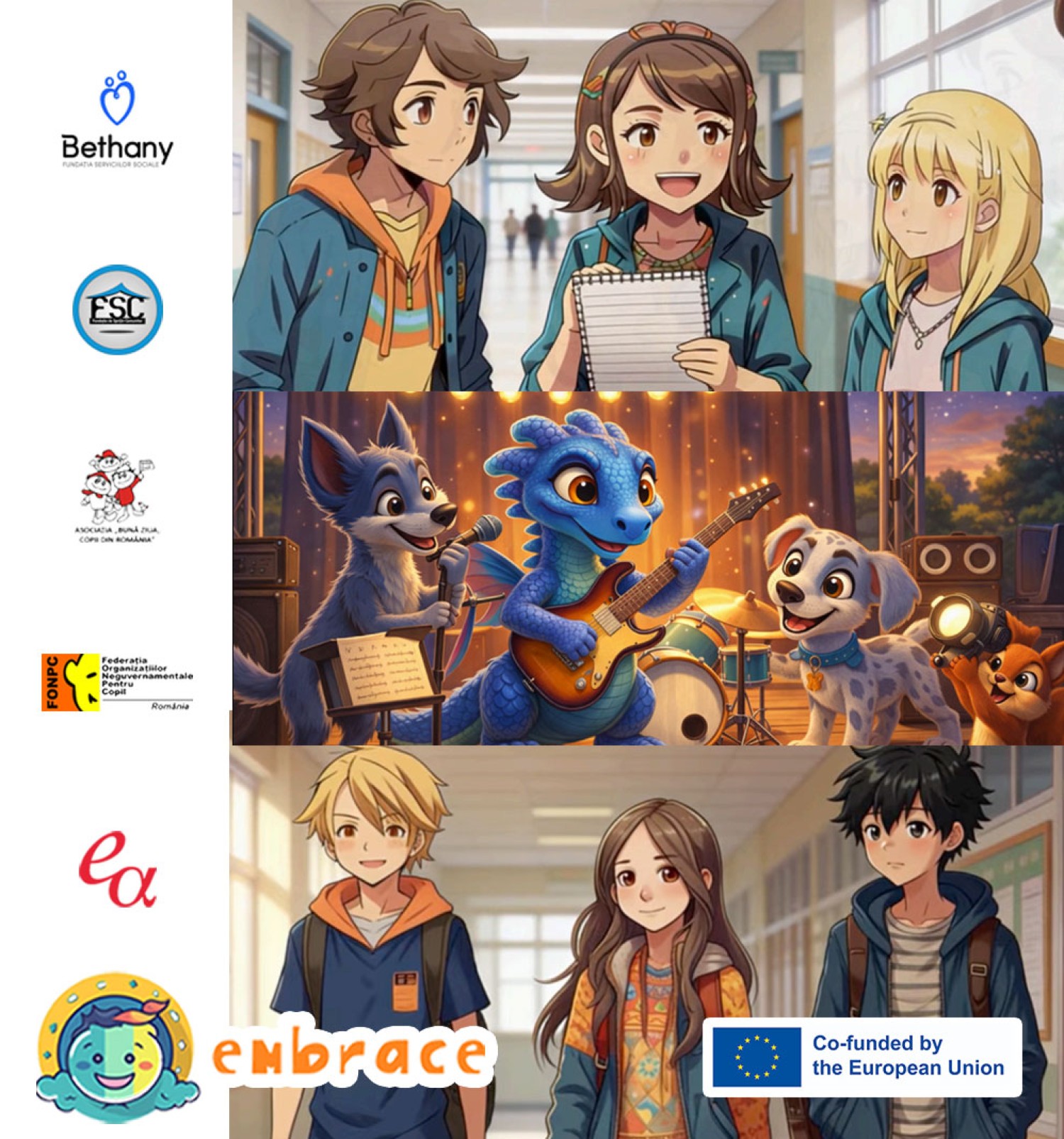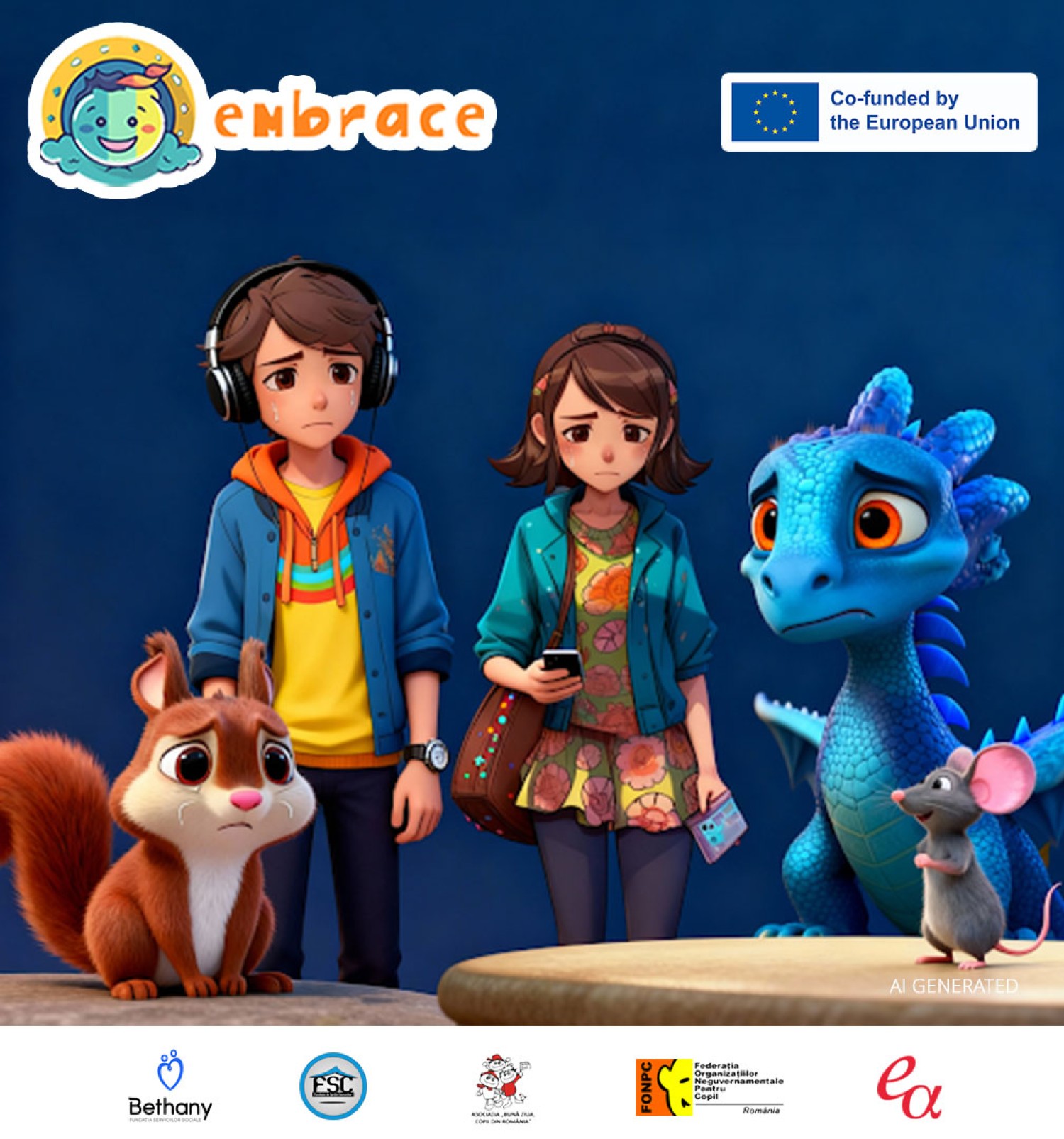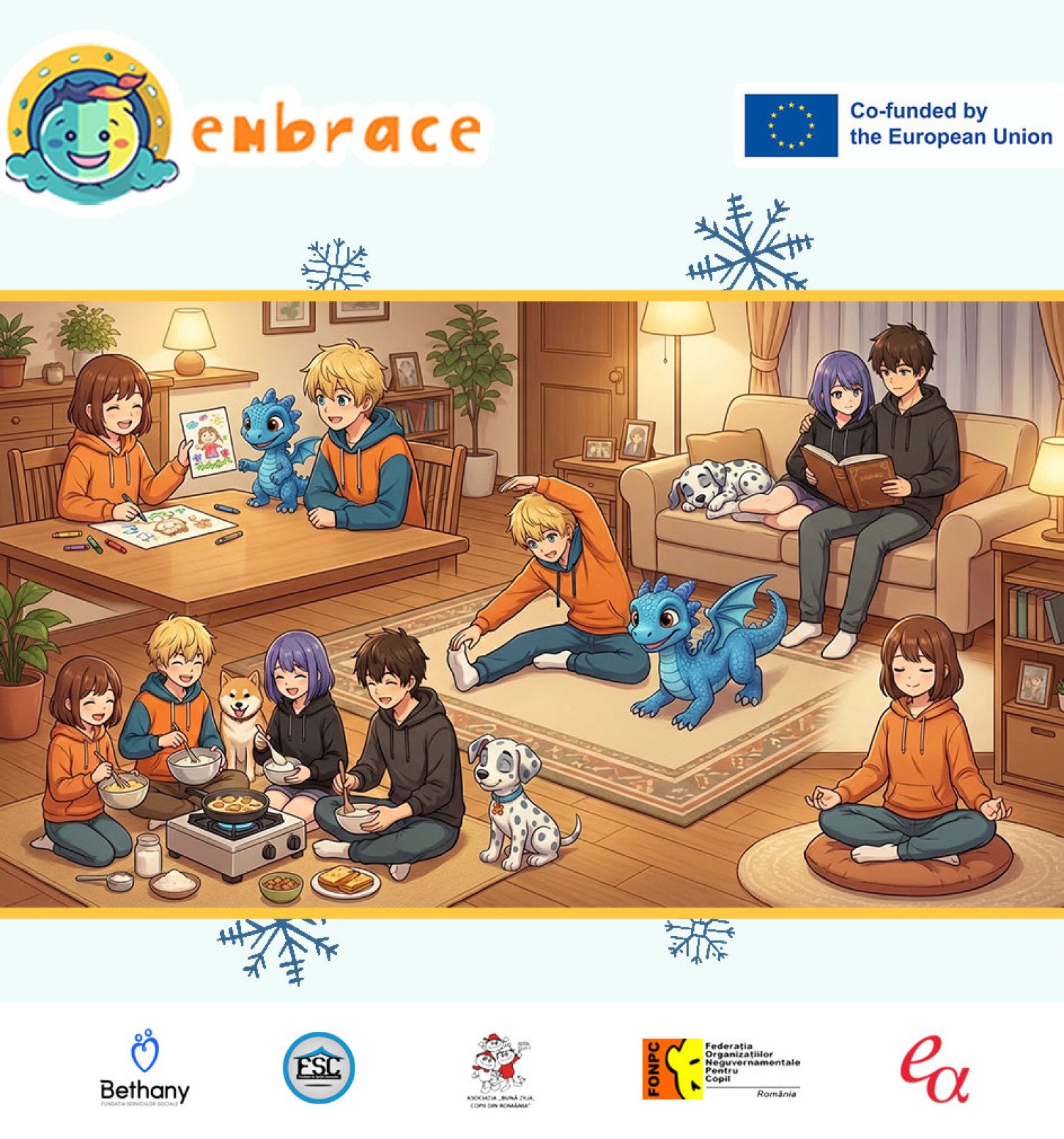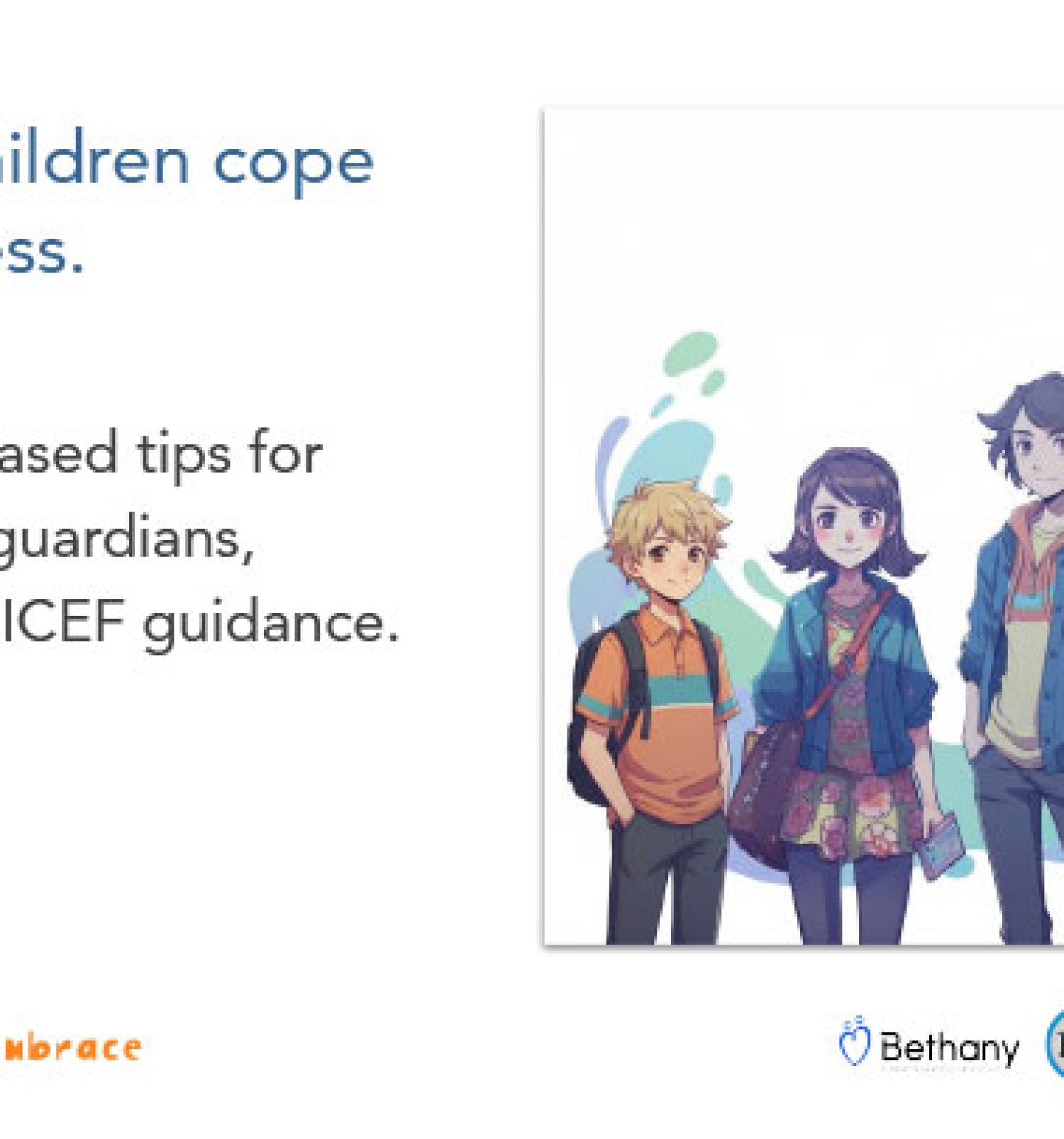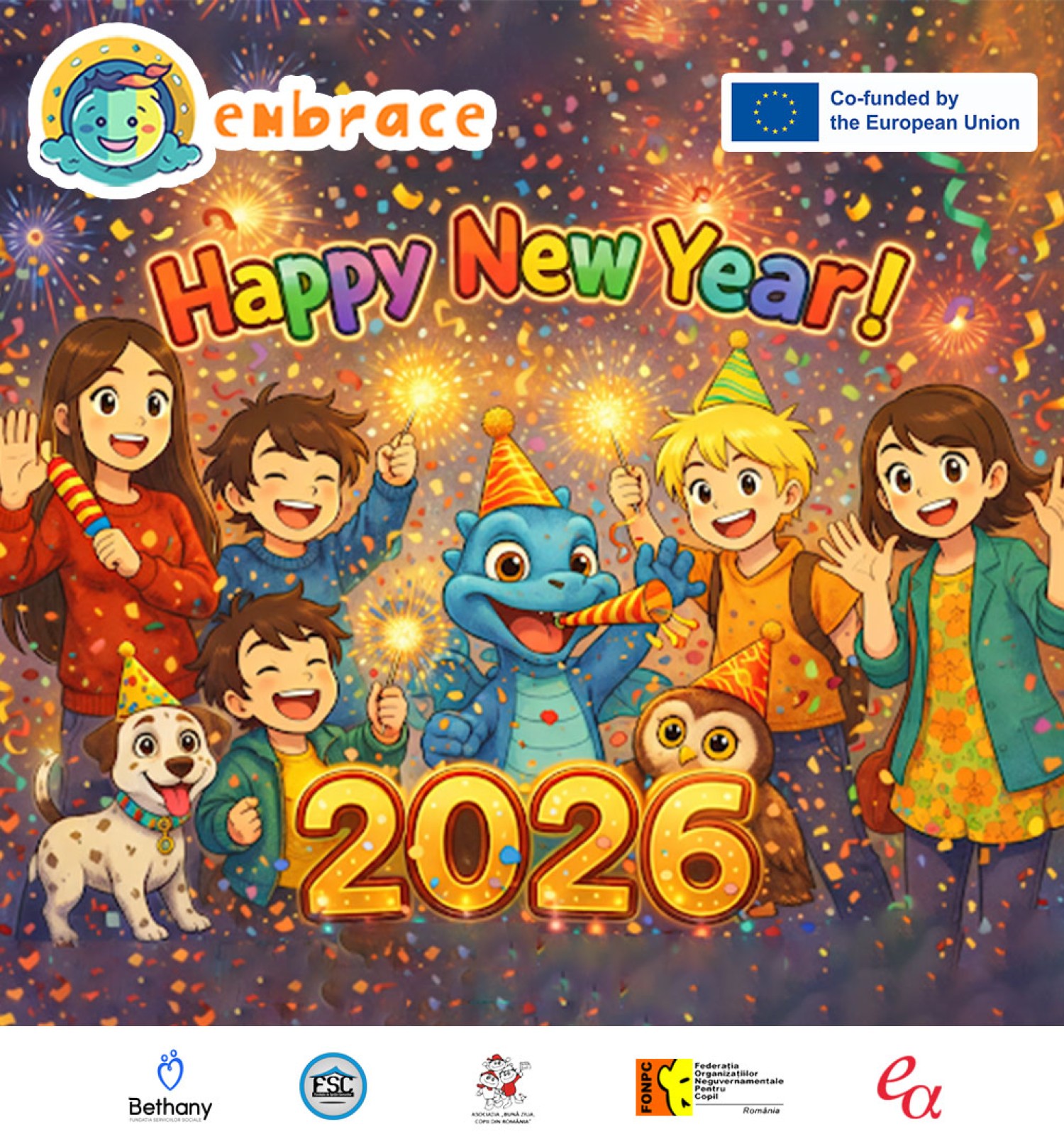EMBRACE Future: Strengthening Children’s Mental Health Through Professional Training Interest in children's mental health, well-being, and resilience is stronger…
Project: 101190161 — EMBRACE — CERV-2024-CHILD
Disclaimer: Co-funded by the European Union. Views and opinions expressed are however those of the author(s) only
and do not necessarily reflect those of the European Union or EACEA.
Neither the European Union nor the granting authority can be held responsible for them.
.

